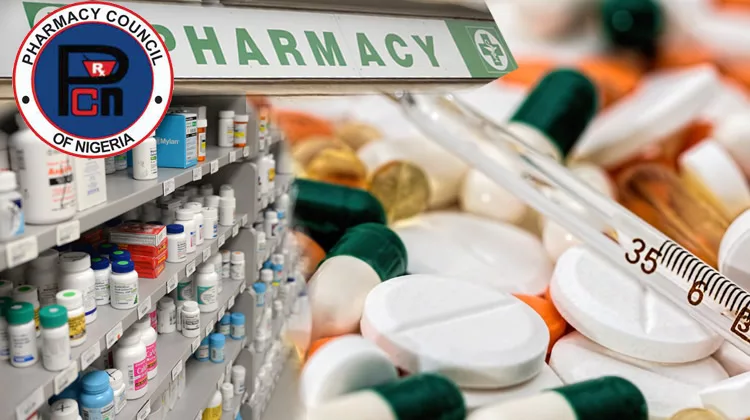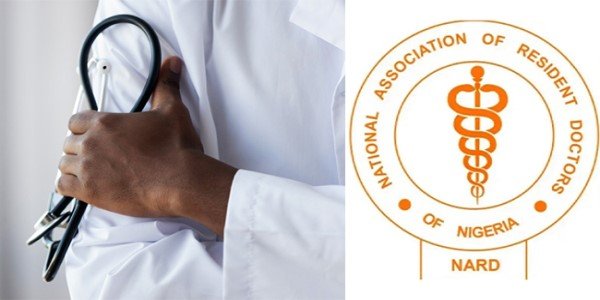In one of the largest pharmaceutical crackdowns in Nigeria’s history, the National Agency for Food and Drug Administration and Control (NAFDAC) has cleared banned, expired, and counterfeit drugs worth over ₦1 trillion from open drug markets across Lagos, Aba, and Onitsha.
The enforcement operation, which ran from February 9 to March 27, 2025, targeted unregistered warehouses, shops, and distribution centres in the popular Idumota Market (Lagos), Ariaria Market (Aba), and the Bridge Head Market—locally known as Ogbogwu—in Onitsha.
Speaking at a press briefing, on Friday, Director General, of NAFDAC Prof. Mojisola Adeyeye revealed that none of the inspected outlets met the minimum requirements for Good Storage and Distribution Practices. She also confirmed that all the facilities operated without registration from the Pharmacy Council of Nigeria (PCN), in direct violation of national drug distribution laws.
The Bridge Head Market in Onitsha, notorious for its trade in fake and diverted pharmaceuticals, was described by NAFDAC as a “public health emergency zone.” The agency cited the widespread presence of falsified narcotics, diverted donation drugs, and unregulated controlled substances as major threats to public safety.
“These markets have been linked to countless preventable illnesses and deaths, especially among vulnerable groups like pregnant women and children,” said Prof. Adeyeye.
In the wake of the operation, traders were slammed with heavy fines. An initial ₦5 million penalty for selling unregistered drugs was reduced to ₦200,000 after appeals. Violations of storage and distribution standards drew a ₦2 million fine, also reduced to ₦500,000.
Despite the crackdown, the Ogbogwu Market was reopened on March 9, 2025, after over 2,500 traders and 3,500 shops complied with NAFDAC and PCN regulatory requirements.
Prof. Adeyeye stressed that the reopening was non-discriminatory. “There is unconditional opening of shops for those who comply with regulatory standards,” she said.
NAFDAC reiterated that the sweeping operation was not aimed at punishing traders but at safeguarding public health by ensuring that only safe, effective, and high-quality medical products circulate in Nigeria.
“We are doing this to improve life expectancy and protect Nigerians from untimely deaths caused by substandard medicines,” the Director General said, adding that NAFDAC will intensify surveillance to curb avoidable deaths from chronic diseases such as hypertension and diabetes.



